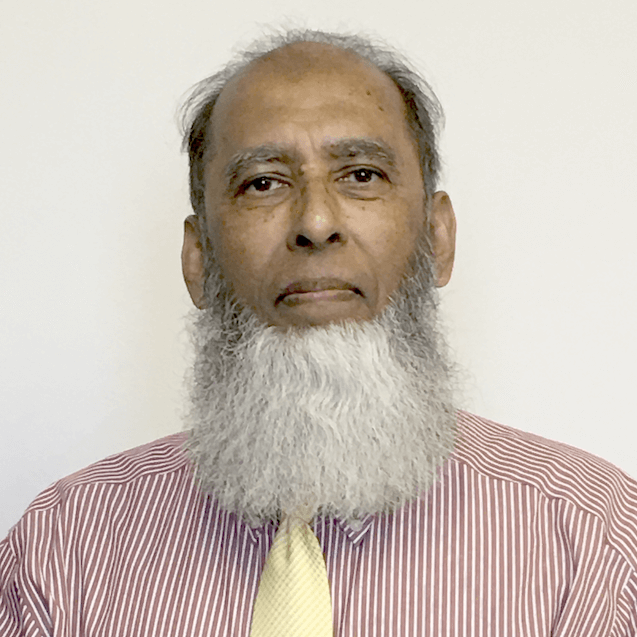
Abu-Bakr Al-Mehdi, M.D., Ph.D.
Biography
Dr. Abu-Bakr Al-Mehdi, Professor, received his M.D. and Ph.D. from the Crimea Medical Institute in Simferopol, Ukraine, and completed a post-doctoral fellowship at the University of Pennsylvania School of Medicine. Dr. Al-Mehdi is Assistant Dean of Assessment & Evaluation in the Division of Medical Education at the Frederick P. Whiddon College of Medicine.
Research
Signal Compartmentalization by Source Translocation: Mitochondria are motile organelles that exhibit perinuclear, periparasitic, and peripheral clustering with a variety of stimuli, such as hypoxia, viral and parasitic infections, oocyte maturation and fertilization. We postulate that mitochondrial translocation is a response to increased demand for mitochondrial signaling molecules (reactive oxygen species, calcium) in a subcellular region. Currently, we are examining the effect of a variety of stimuli on mitochondrial translocation in endothelial and cancer cells and its dependence on microtubule based motor proteins, kinesin and dynein by multidimensional live-cell fluorescence microscopy.
Vasculogenesis in cancer metastasis: Growth and survival of solid primary and metastatic tumors with radii greater than oxygen-diffusion distance requires formation of blood vessels within tumors. The existing models of tumor vascularization of solid tumors involve sprouting or intussusceptive angiogenesis, co-option of existing vessels, or vasculogenic mimicry. Examining early metastatic lung tumors after tail-vein injection of a syngeneic breast cancer cell line in the nude mice, we have found the presence of endothelial cells in pre-hypoxia size tumors. This observation lays the foundation of a novel vasculogenic model where early incorporation of endothelial cells occurs before the onset of core hypoxia in metastatic lung tumors. We are working on the origins of these endothelial cells.
